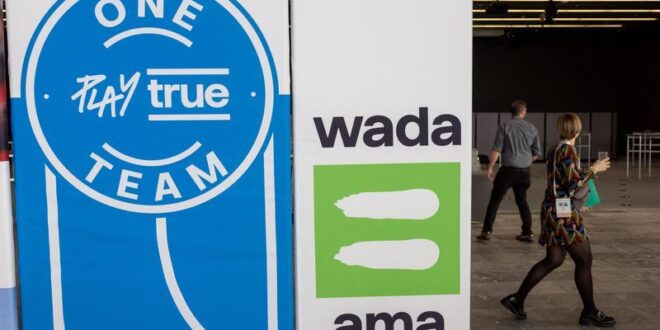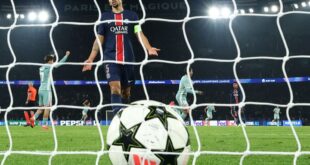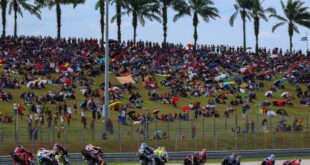(Reuters) – More than 30 European anti-doping agencies expressed concern on Thursday, in a letter seemingly aimed at the U.S., that professional and college athletes competing in major events such as the upcoming Olympics were not being sufficiently tested.
They said they were alarmed that athletes competing in professional and college sports systems are not bound by the World Anti-Doping Agency’s code and called on WADA to conduct an in-depth assessment.
While not directly pointing a finger at the United States, the spotty testing in American college and professional sports leagues such as the National Football League, Major League Baseball, National Basketball Association and National Hockey League has long been viewed as a black hole by anti-doping officials.
“It is alarming to us, that athletes competing at a very high level such as the college sports system and professional leagues, are not bound by the provisions of World Anti-Doping Code,” the Central European Anti-Doping Organisation (CEADO) said in an open letter to WADA signed by 31 national anti-doping agencies.
“Based on the available data, the numbers of samples collected in some of these countries are concerning in relation to the number of athletes taking part in major sporting events such as Olympic Games and world championships and we are deeply concerned that those athletes apparently are not being sufficiently tested prior to major sporting events.”
BIG U.S. COLLEGE COMPONENT
The United States Olympic and Paralympic Committee (USOPC) announced on Wednesday that it will send a 592-member team to the Paris Olympics with 75% (444 athletes) having competed collegiately at 169 schools.
Twenty-one teams have at least 80% collegiate participation on their U.S. Olympic rosters, including 15 teams comprised of 100% college athletes.
The U.S. is a signatory to the WADA Code but as private businesses the NFL, MLB, NBA and NHL are not bound by the rules sport federations must adhere to in order to allow American athletes to compete internationally.
The NCAA, the governing body for college sport, also does not recognise the code.
WADA president Witold Banka told Reuters that when he talks about the 90% of U.S. athletes not competing under the world anti-doping code, noone in the U.S. wants to discuss the issue.
“When I mentioned (that) in the U.S. (there) is one of the biggest markets in the world for the performance-enhancing drugs and the illegal steroids, there is no interest,” he said.
“First of all, they have to look at their own backyard.”
The call for the U.S. to get its anti-doping house in order adds to friction between the United States Anti-Doping Agency (USADA) and WADA over the global body’s handling of the cases of 23 Chinese swimmers who tested positive but were cleared to compete in the Tokyo Games.
An independent report released on Tuesday concluded that WADA followed established rules and had not mishandled the case.
The International Olympic Committee (IOC) on Thursday backed the findings but others remain unconvinced.
Anti-doping groups FairSport and Global Athlete have called the process “inherently flawed from the outset due to its limited scope and independence” while USADA chief Travis Tygart went further and questioned whether the global agency was able to “sanitise” the report prior to its release.
(Reporting by Steve Keating in Toronto; Editing by Andrew Cawthorne)
 BeritaKini.biz Berita Viral Terkini di Malaysia
BeritaKini.biz Berita Viral Terkini di Malaysia





